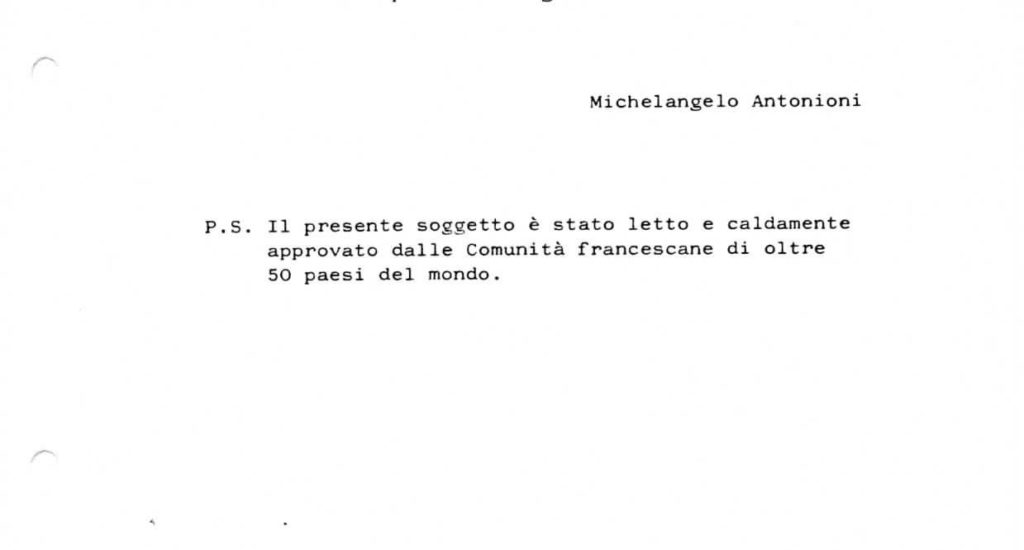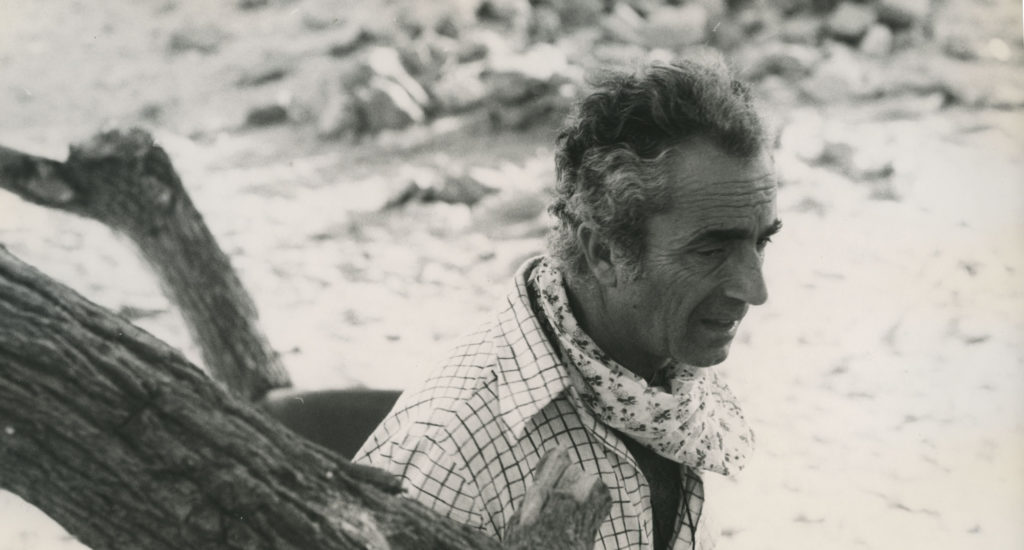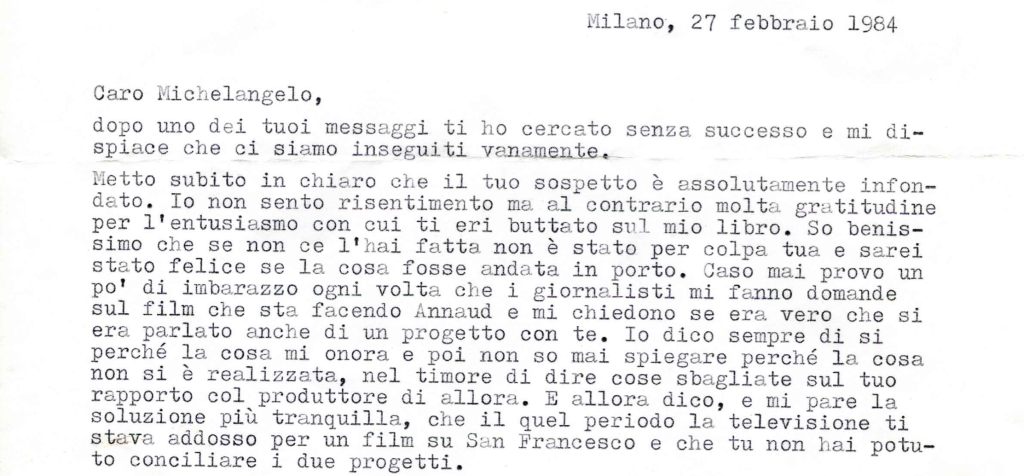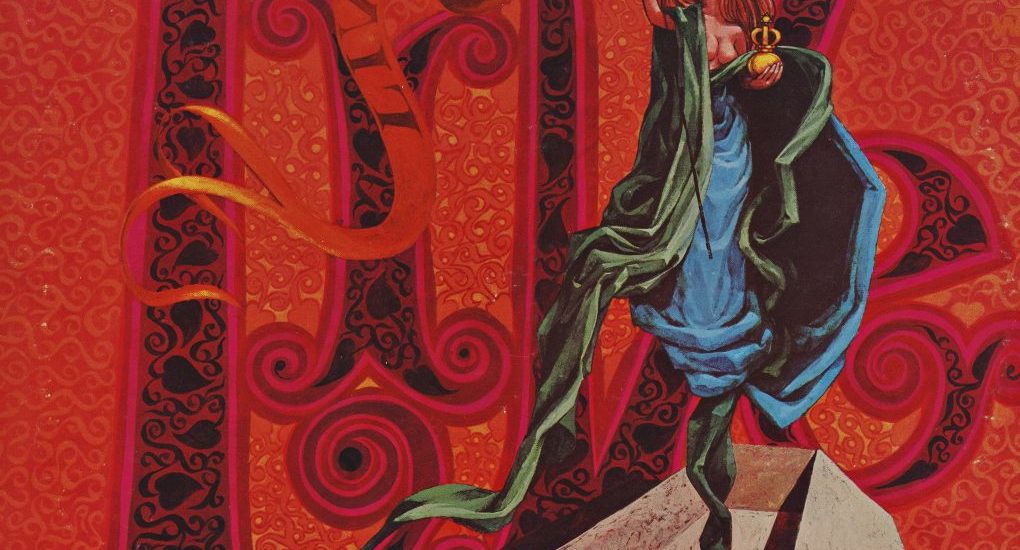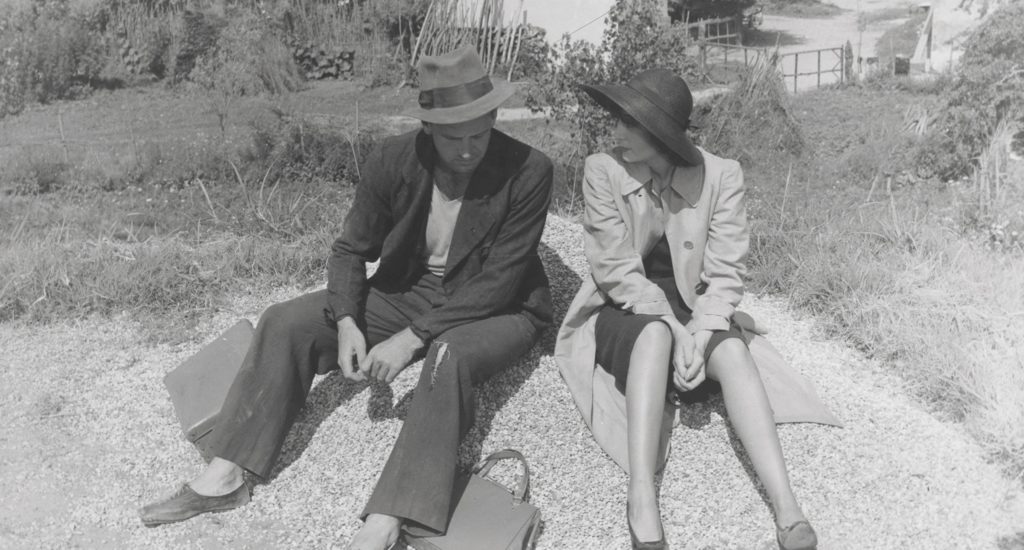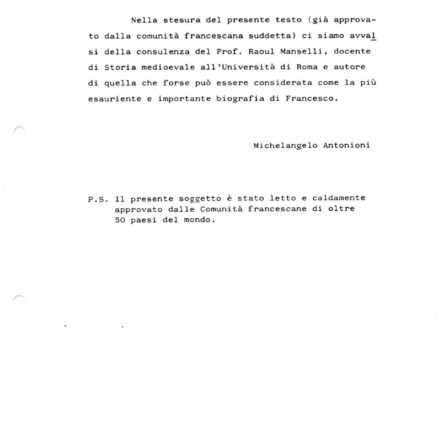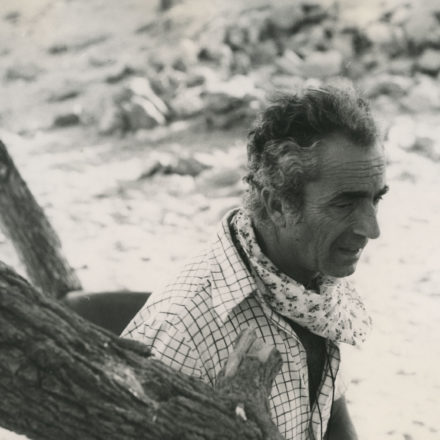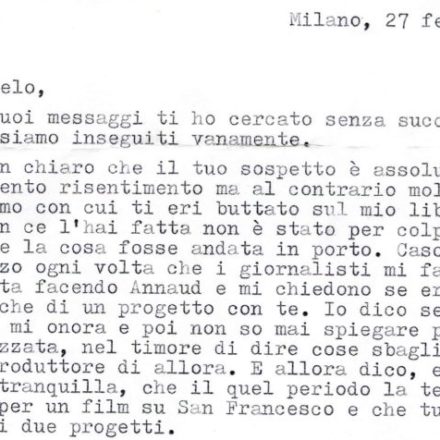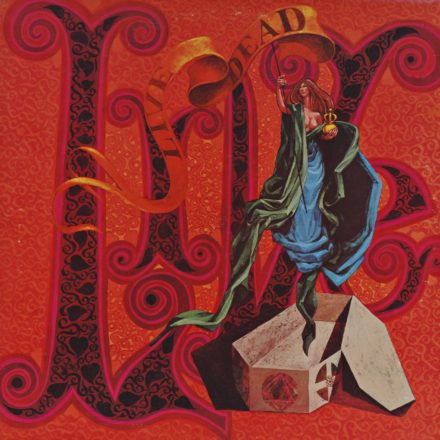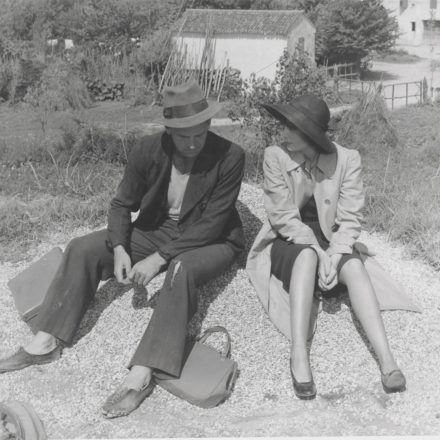St. Francis
The figure of St. Francis of Assisi has exerted a profound influence on the Italian cinema. As the scholar Tomaso Subini observed, the extraordinary popularity of the saint is quite in keeping with extraordinary popularity of the medium.
Tecnicamente dolce
Among the films Antonioni never made, Tecnicamente dolce is outstanding. Its script was published by Einaudi in 1976. As Antonioni himself recalls in the introductory pages, the project was sketched out in the mid-sixties and developed parallel with Blow Up. Although both subjects were submitted to the producer Carlo Ponti, only the second managed to become a successful film.
Correspondence
An artist's correspondence is often a chosen place to approach his work and closely follow its development. Unsurprisingly Antonioni’s correspondence is one of the most precious section in the archive. Organised in two sections – “Correspondence Received” and “Correspondence Sent”, it brings together material closely related to his professional life, with senders and recipients ordered alphabetically and chronologically.
The Record Library
Michelangelo Antonioni’s personal record library, containing more than 1.400 vinyls, shows that the reservations against music in the cinema that he expressed in interviews did not stem from a lack of interest in this medium of expression. Despite the eclecticism evident in the collection, it is possible to classify most of the albums into three large subgroups: classical music, jazz and rock.
Tonino Guerra
“A lay confessor, an interlocutor clearly indispensable in stimulating the imagination of the great visionaries of European cinema.” So the film critic Callisto Cosulich summed up Tonino Guerra’s unforgettable achievement as a screenwriter.
Luchino Visconti
Luchino Visconti was a pivotal figure in the in the period of great innovation the film industry and film magazines in the late 1930s and early 40s, when it was still organically related to the cultural policies of the fascist regime, between the late 1930s and the early 1940s.
Focus
St. Francis
The figure of St. Francis of Assisi has exerted a profound influence on the Italian cinema. As the scholar Tomaso Subini observed, the extraordinary popularity of the saint is quite in keeping with extraordinary popularity of the medium.
Tecnicamente dolce
Among the films Antonioni never made, Tecnicamente dolce is outstanding. Its script was published by Einaudi in 1976. As Antonioni himself recalls in the introductory pages, the project was sketched out in the mid-sixties and developed parallel with Blow Up. Although both subjects were submitted to the producer Carlo Ponti, only the second managed to become a successful film.
Correspondence
An artist's correspondence is often a chosen place to approach his work and closely follow its development. Unsurprisingly Antonioni’s correspondence is one of the most precious section in the archive. Organised in two sections – “Correspondence Received” and “Correspondence Sent”, it brings together material closely related to his professional life, with senders and recipients ordered alphabetically and chronologically.
The Record Library
Michelangelo Antonioni’s personal record library, containing more than 1.400 vinyls, shows that the reservations against music in the cinema that he expressed in interviews did not stem from a lack of interest in this medium of expression. Despite the eclecticism evident in the collection, it is possible to classify most of the albums into three large subgroups: classical music, jazz and rock.
Tonino Guerra
“A lay confessor, an interlocutor clearly indispensable in stimulating the imagination of the great visionaries of European cinema.” So the film critic Callisto Cosulich summed up Tonino Guerra’s unforgettable achievement as a screenwriter.
Luchino Visconti
Luchino Visconti was a pivotal figure in the in the period of great innovation the film industry and film magazines in the late 1930s and early 40s, when it was still organically related to the cultural policies of the fascist regime, between the late 1930s and the early 1940s.
